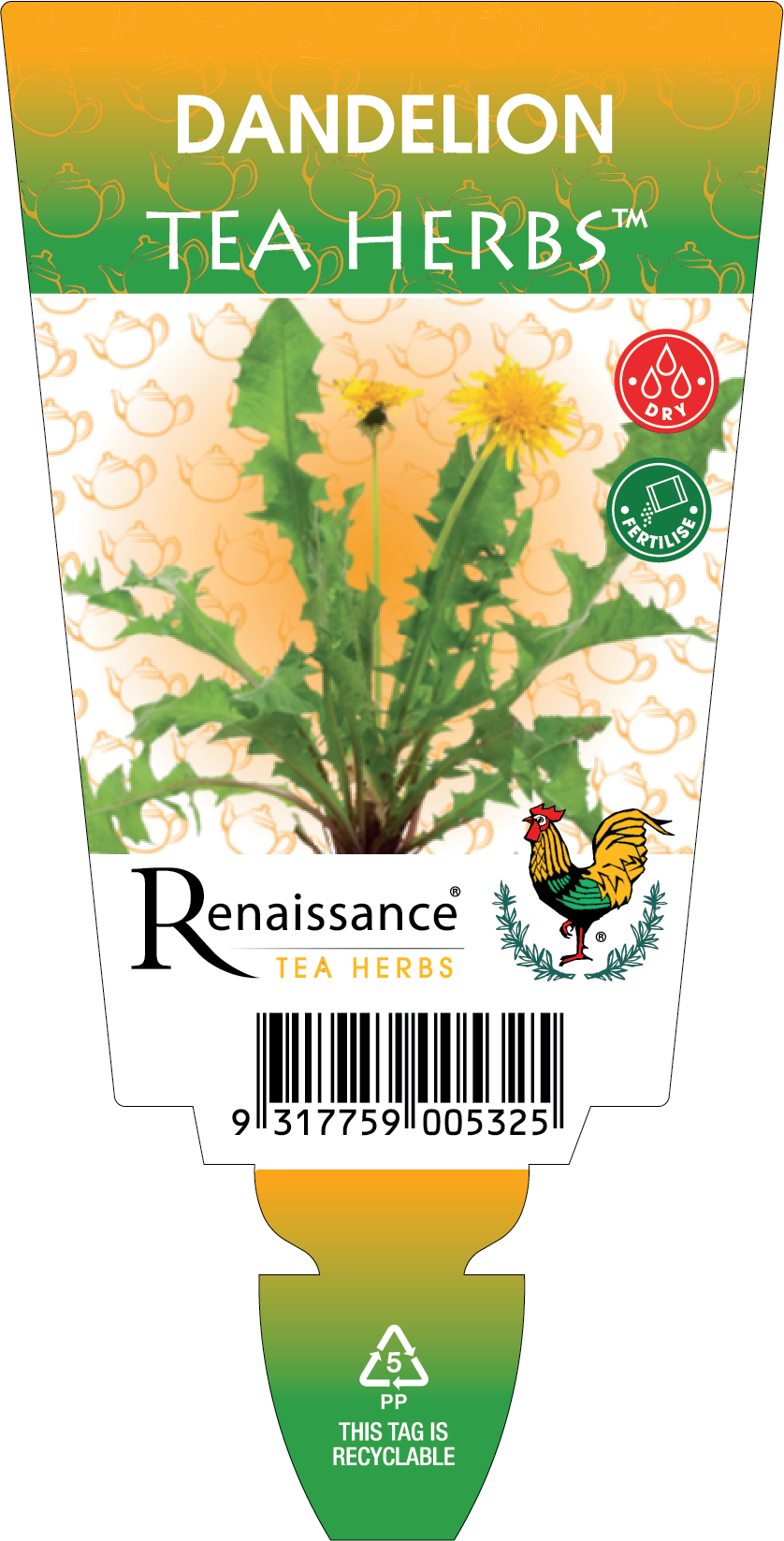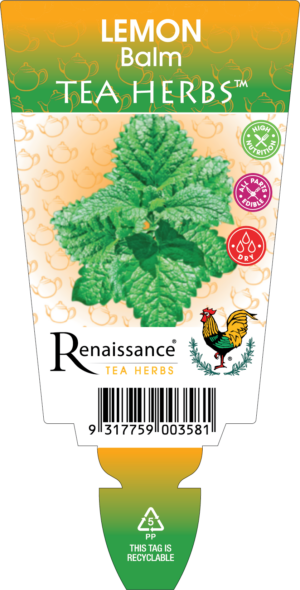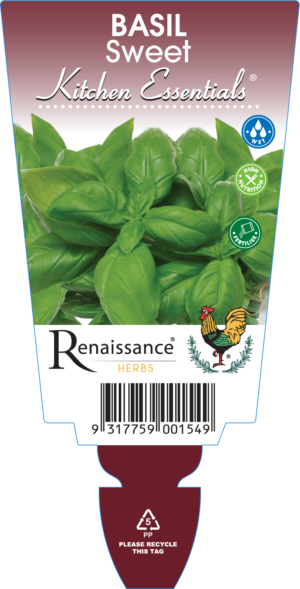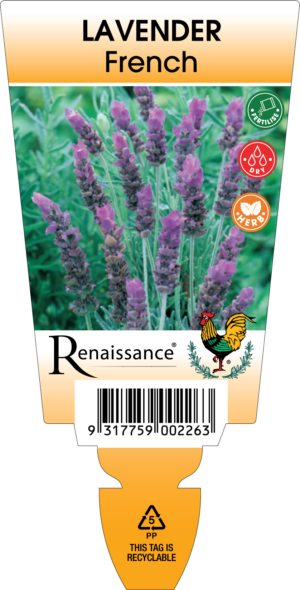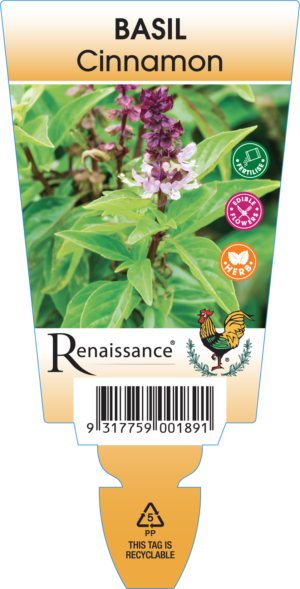Description
(Taraxacum officinale)
While many people think of the common Dandelion as a pesky weed, herbalists consider it a valuable herb with many culinary and medicinal uses. Dandelion is a rich source of vitamins A, B complex, C, and D, as well as minerals such as iron, potassium, and zinc. Its leaves are often used to add flavour to salads, sandwiches and teas. The roots can be found in some coffee substitutes and the flowers are used to make certain wines.
Growing Tips
Dandelion will grow under almost all conditions, thriving in dry areas, just as well as it handles the wet conditions.
Use
Dandelion leaves produce a diuretic effect while the roots act as an antiviral agent, appetite stimulant, digestive aid and may help promote gastrointestinal health. Dandelion flower has antioxidant properties. Dandelion may also help improve the immune system. Health care providers clinically use Dandelion root to promote liver detoxification and Dandelion leaves to support kidney function. Dandelion is a natural diuretic that increases urine production by promoting the excretion of salts and water from the kidney. Dandelion may be used for a wide range of conditions requiring mild diuretic treatment, such as poor digestion, liver disorders, and high blood pressure. Dandelion is a source of potassium, a nutrient often lost through the use of other natural and synthetic diuretics. Fresh or dried Dandelion herb is also used as a mild appetite stimulant and to improve upset stomach (such as feelings of fullness, flatulence, and constipation). The root of the Dandelion plant is believed to have mild laxative effects and is often used to improve digestion. Research suggests that Dandelion root may improve the health and function of natural bacteria in the gastrointestinal tract. Studies have also reported that Dandelion root may help improve liver and gallbladder function.
Precautions
The use of herbs is a time-honoured approach to strengthening the body and treating disease. Herbs, however, contain components that can trigger side effects and interact with other herbs, supplements, or medications. For these reasons, you should take herbs with care, under the supervision of a health care provider. Dandelion is generally considered safe. Some individuals, however, may develop an allergic reaction from touching Dandelion and others may develop mouth sores. If you have an allergy to ragweed, chrysanthemums, marigold, chamomile, yarrow, daisies, or iodine, you should avoid Dandelion. In some people, Dandelion can cause increased stomach acid and heartburn. It may also irritate the skin if applied topically. People with gallbladder problems and gallstones should consult a health care provider before eating Dandelion.
Herb Attributes
| Harvest | When needed. |
|---|---|
| Position | Part to Full Sun |
| Height | 30cm |
| Width | 30cm |
| Lifespan | Perennial |

